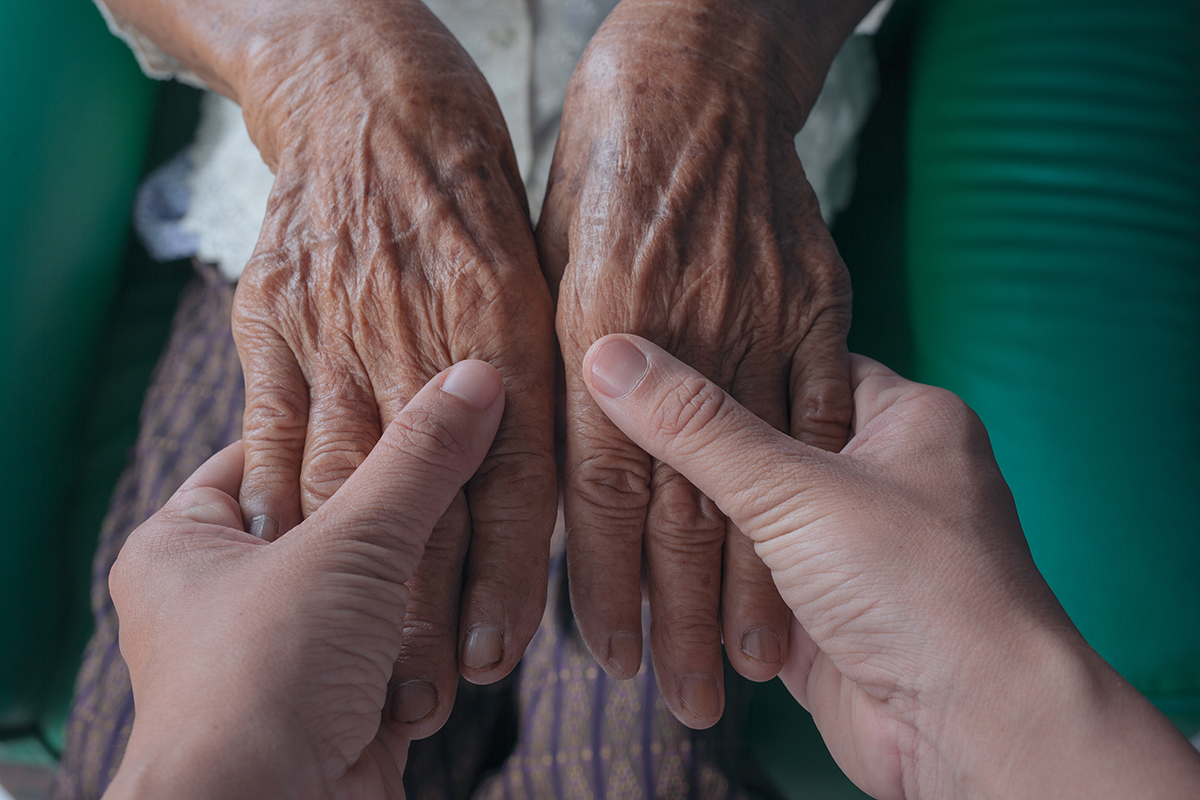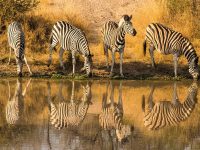
Technically, ageing refers to a decline in physiological functions with age which, in the absence of an accident or a predator, will ultimately lead to problems that are incompatible with life and thus result in the organism’s death.
Contrary to what we may think, ageing is not a biological imperative. An organism does not necessarily age; in fact, there are many living organisms in nature that do not age at all, or age very slowly. Some examples include tardigrades, some species of molluscs, sharks, turtles, and trees.
So why do we age? Living beings have limited energy at our disposal, so we have to «decide» where to invest it. If we divest energy from ourselves and into reproduction, we have less available to survive: we are diverting energy away from the cellular repair and maintenance mechanisms that are necessary to prevent ageing. This is ultimately why we age, because evolution favours strategies that allow us to leave more and better offspring. And for most living organisms, this means getting older.
Answered by Pau Carazo, Professor of Zoology at the University of Valencia.
Question submitted by Lucía Torres López de Guereñu.
«Mètode’s whys and wherefores» is a popular science section in which readers can submit their scientific doubts or questions and an expert on the subject will answer them. You can submit your questions with this form. Among all those we publish, a set of Mètode publications will be drawn every quarter.





